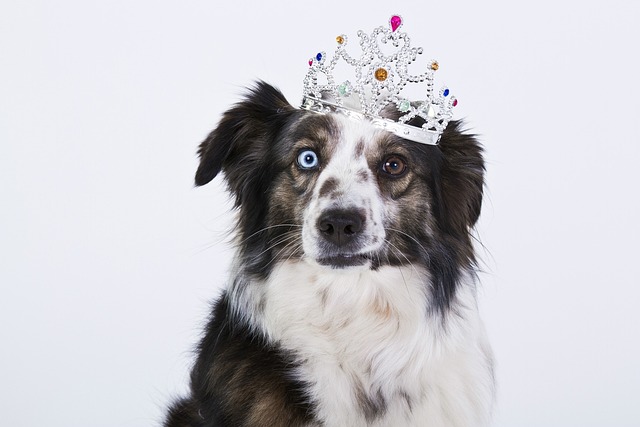
Should I give my dog vitamin supplements
If you’ve ever stood in the pet store aisle, staring at bottles of dog vitamins labeled “immune support” or “shiny coat,” you might’ve wondered if your pup really needs them.
Watching your pup seem off can hurt—those wagging tails and playful energy are what make them ours. Dogs can't speak, but their bodies drop hints when their bellies ache. Let's cut through the noise to spot the key signs of digestive trouble, so you can act fast and get them feeling like themselves again.
Start with food and water. A sudden change in appetite matters—whether they’re skipping meals or scarfing faster than usual. Does your normally greedy eater turn away from kibble, or a picky pup beg for scraps? Watch water, too: gulping more might soothe an irritated gut, while refusing fluids could signal serious issues.
Vomiting and diarrhea are red flags, but context counts. One grass-induced puke? Maybe not urgent. But repeated vomiting—especially with blood, bile, or a bad smell—needs immediate help. Diarrhea lasting over a day or with mucus/tarry stool risks dehydration. Skip human meds; always check with your vet first to avoid unsafe or illegal treatments for pets.
Behavior shifts often mean tummy troubles. Is your dog pacing at night, stretching like a yoga pose to ease pressure, or suddenly clingy/hidden? Excessive lip-licking, swallowing hard (acid reflux sign), or straining to poop—even when nothing comes—could mean constipation or blockages.
 Physical clues: Gently touch their belly. A tense, swollen, or painful abdomen? Not normal. A dull coat or weight loss (even with eating) shows poor nutrient absorption—key for breeds prone to diet-related issues. Don’t ignore lethargy: if walks or playtime lose appeal, their body might be fighting internally.
Physical clues: Gently touch their belly. A tense, swollen, or painful abdomen? Not normal. A dull coat or weight loss (even with eating) shows poor nutrient absorption—key for breeds prone to diet-related issues. Don’t ignore lethargy: if walks or playtime lose appeal, their body might be fighting internally.
Timing helps diagnose. Did symptoms start after a new food, table scraps, or garbage raiding? Sudden diet changes (even new treats) can trigger sensitivities, especially in dogs with delicate guts. Raw diet fans: contaminated ingredients pose real risks. Park visits? Toxic plants or moldy food might be culprits.
Don’t brush off chronic bad breath (dental or stomach issues) or excessive burping/hiccuping (gas, but watch for combos). And when in doubt, track symptoms: note when they occur, what they ate, and behaviors. This journal helps vets diagnose faster.
Most importantly: a bland diet (boiled chicken + rice) can help mild issues, but anything lasting over 24 hours, recurring, or with fever/weakness needs a vet. Legally and ethically, only licensed vets should diagnose—skipping care risks health and breaks animal welfare laws in most places.
You know your dog best. Trust that "something’s off" feeling. Catching issues early means less pain for them and faster recovery. Because nothing beats seeing them zoom around again, ready to steal your socks or nap on your spot—happy, healthy, and back to being themselves.

If you’ve ever stood in the pet store aisle, staring at bottles of dog vitamins labeled “immune support” or “shiny coat,” you might’ve wondered if your pup really needs them.

If you’ve ever thought about swapping your dog’s kibble for something homemade, you might’ve worried: “Will I get the nutrients right?”

If you’ve ever watched your dog tilt their head like they’re confused, or scratch at their ear until they whimper, you might be seeing signs of an ear infection.

Golden Retrievers, with their lush coats and playful spirits, often steal hearts in parks and homes alike. But that same thick fur that makes them so cuddly can sometimes be a double-edged sword when it comes to skin health.

If you’ve ever left a friend’s house with a dog and spent the next hour sneezing, your eyes red and watery, you’ve probably wondered when the discomfort will end.

If you’ve ever watched your dog scratch until their skin turns red, or noticed them licking their paws raw after a walk, you’ve probably wondered what’s causing their discomfort.